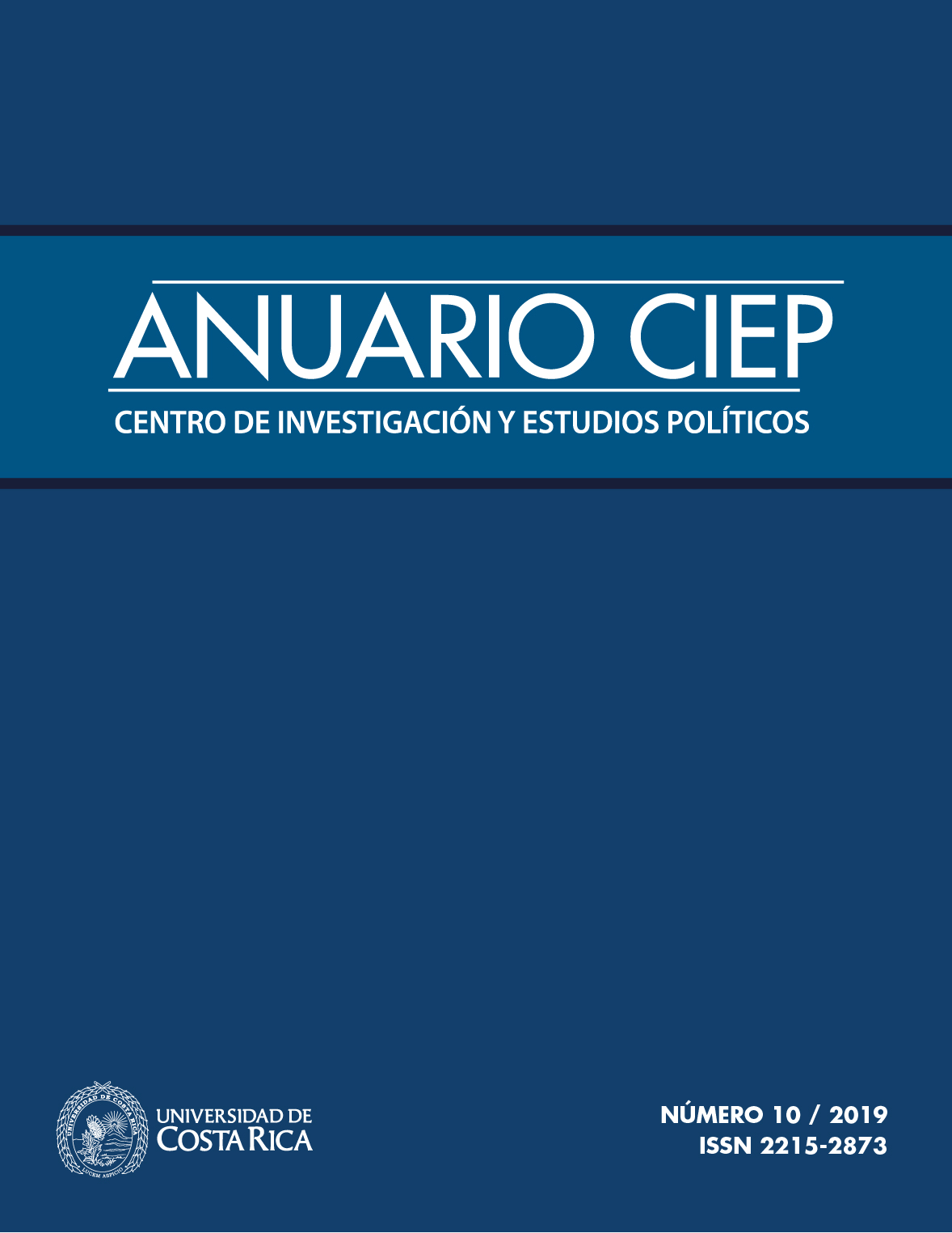Abstract
Public budget is conceived from our Constitution as a tool for national well-being, which must go through the period of a calendar year through government agencies to solve needs for development. But, the use of such a tool cannot be casuistic or distorted, especially, when there is already a whole legal, technical and conceptual framework that allows not only its correct routing according to those needs, but also its analysis before and after its execution, whether by instances of political control, oversight or citizenship. However, there are also gaps, especially methodological, which lead to an erroneous application of resources that, through taxes or indebtedness, shape Public Treasury.

